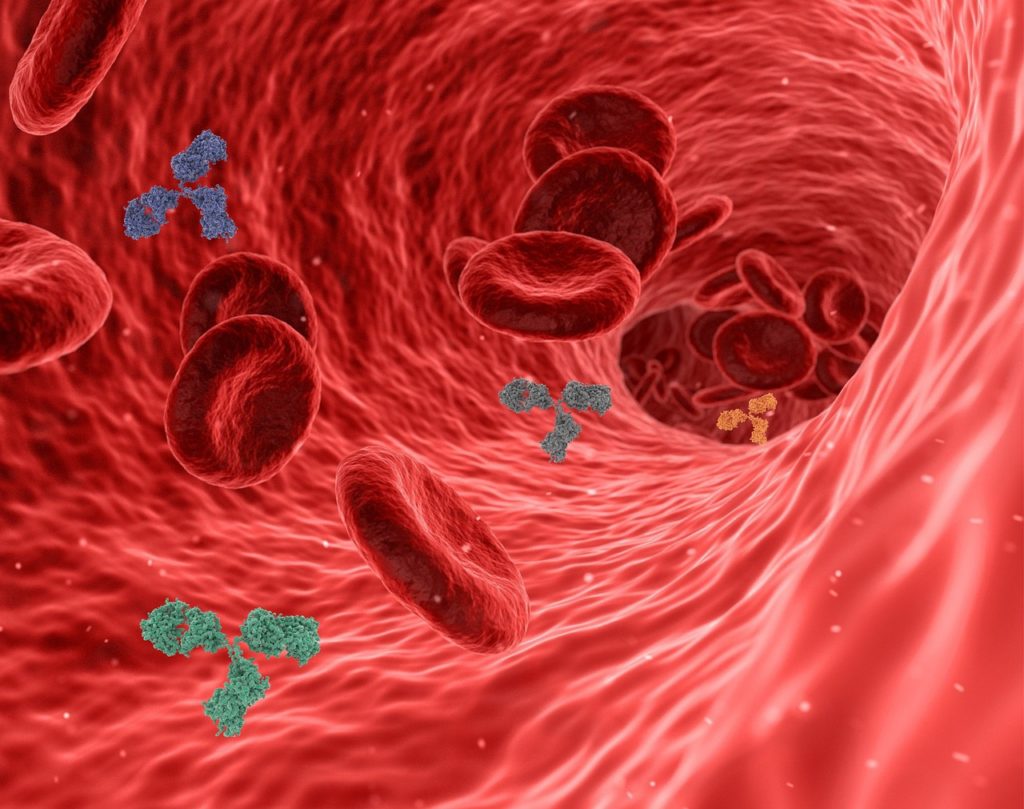
Researchers have identified a unique autoantibody signature present in approximately 10% of patients with MS years before the onset of clinical symptoms.
Autoantibodies are antibodies that are supposed to fight off invaders but end up turning against one’s own body, causing problems like autoimmune diseases. Utilizing the U.S. Department of Defense Serum Repository, a cohort encompassing more than 10 million individuals, researchers conducted whole-proteome autoantibody profiling on hundreds of MS patients’ samples collected before and after symptom onset. They discovered a distinct cluster of patients exhibiting an autoantibody signature targeting a common recognizable pattern. Notably, these patients showed antibody reactivity years before developing any MS symptoms and had elevated levels of serum neurofilament light (sNfL), indicating early neuroaxonal injury.
Danillo Augusto, Ph.D., an assistant professor in biology at the University of North Carolina at Charlotte and a co-author of the study, stated, “This study sheds light on the preclinical phase of MS and provides a promising avenue for early detection and intervention. Identifying patients at high risk of developing MS before symptom onset could revolutionize patient care and treatment strategies.”
Further validation of this autoantibody signature was conducted on samples from a separate MS cohort, confirming its high specificity for patients diagnosed with MS. This finding marks a significant milestone in MS research, potentially paving the way for the development of antigen-specific biomarkers for high-risk individuals with clinically or radiologically isolated neuroinflammatory syndromes.